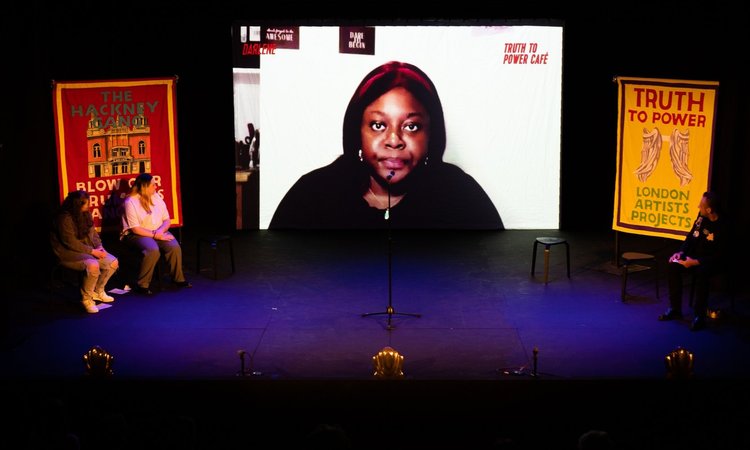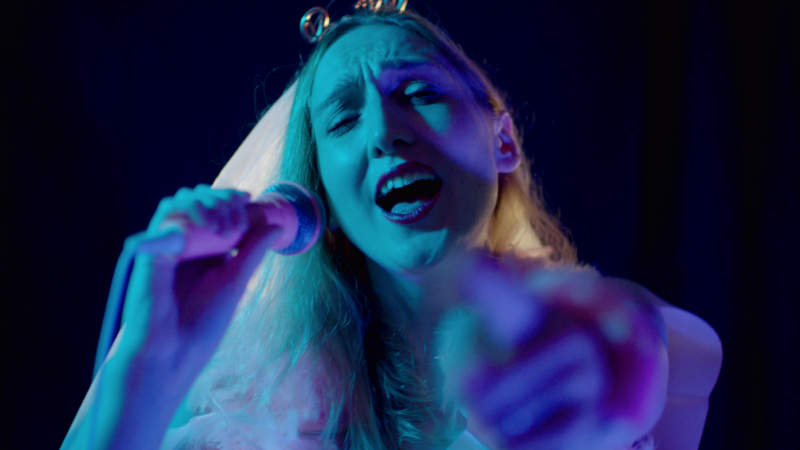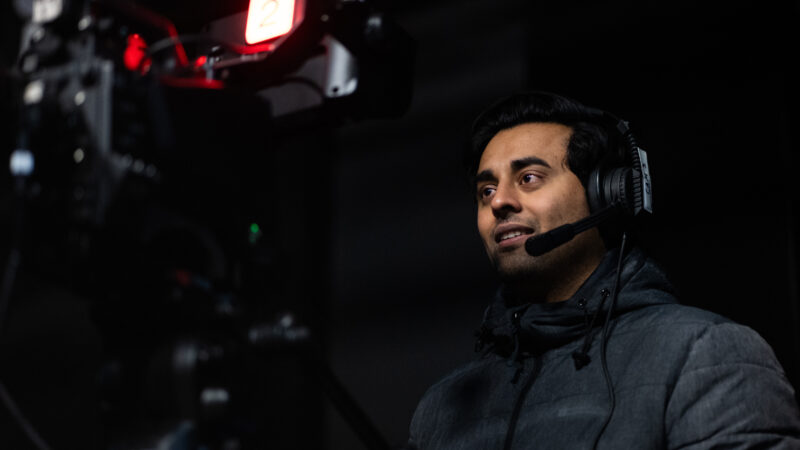There are increasing opportunities for cultural organisations, artists and creatives to have their work featured on broadcast platforms. We’ve spoken to commissioning editors, producers, production companies and scriptwriters to gather the best advice and equip you with the benefit of their knowledge and experience.
Do your research
Commissioning Editors have limited time and resources for dealing with all the pitches they receive – yours could be rejected simply because you pitched to the wrong person or channel. To ensure the best chance of being taken seriously, take a good look at the channel you are approaching and thoroughly research their brand: What programmes have they aired recently, who are their target audience and would your work fit comfortably into their schedule? Each commissioner will be looking for something different so do the leg-work: find out what they want and who your project will appeal to most.
TV and radio channels have very specific identities – your proposed programme should fit within the scope of that particular channel and what they are known for, be it drama, factual documentaries, sitcoms etc.
Look at the websites – all major broadcasters have a web-based system for submitting your ideas and many offer advice and tips on what they are looking to commission. For example, Sky TV has a user-friendly site with details on how to pitch to their various channels as well as providing contact details for their commissioning editors by genre. This means understanding which genre you are working within and identifying who, within each organisation, is looking for ideas like yours.
Authenticity/Regionality
Whilst researching and refining your idea, consider the importance of regionality and authenticity. The broadcast industry wants to represent all areas of the UK and to hear voices from all regions. Many stations have funding allocated to producing radio and TV in specific areas of the country and, if your work fulfils a particular regional brief, your chances of being commissioned might be improved. Localised programming, particularly for the BBC and ITV, is a key part of their output. There are stories all around you and your story couldn’t be told in quite the same way by someone else.
Be specific – what is your story and where does it take place? Give a sense of the time, place and the characters. Often these local stories have a bigger universal impact so though your location may seem ‘niche’ it could reach wider audiences – what commissioners really want to see is an original idea and a compelling story.
The idea
You need a clear understanding of the arc of your story but you may not have written the entire series yet. This is fine. As long as you know how it will unfold – the ‘story beats’ – you can begin the pitching process with just a sample of the work – a few pages of an episode for example. You may be asked for a full episode after your initial approach so bear that in mind – gaining a commission is only the beginning of getting your work to air. You may have written a six-part drama series before you pitch – this is absolutely fine too but don’t send it all into the broadcaster at the pitching stage.
Share your ideas and pitch with trusted readers and friends. Triple check for typos and errors. Present your idea only when you are sure you have done all you can to eliminate mistakes.
Production companies
A production company will help refine and present your pitch. With the exception of open calls, all the major broadcasters will only accept pitches from production companies or agents as they simply do not have the time to deal with individual artists or organisations. This needn’t be a problem as there are many brilliant production companies – from the larger to the smaller indies and micro-indies who are actively seeking to produce work from both established and new voices. Again, it is important to research the production companies. Look at the genre they specialise in and at the shows that they have made in the past, ideally with the broadcaster you are hoping to work with.
For factual ideas such as documentaries and arts programming, write a short email to their development team or genre head. Outline your idea, your creative experience and why you want to work with them specifically. Offer to meet, call or send more details about your project.
This could well be the start of a long and fruitful relationship with a production company so find the people who really ‘get’ you; you will be working closely for a significant period of time to get your piece broadcast. Working with a production company means you will have a collaborator who understands the broadcast landscape – they will help you make your programme and can navigate you through the technical, contractual and financial aspects involved with getting your idea to air. Gaining the backing of a production company suggests to broadcasters that your idea has been tested and found to be compelling – the fact that you have secured an experienced team around your idea reassures them that it is not only great but that it is deliverable.
Pact, the UK trade body that represents independent production companies, has a list of its members here: https://www.pact.co.uk/about-us/our-members/find-a-member.html
The Writers’ & Artists Yearbook – contains a wealth of knowledge and tips.
Pitching tools
As simple as it may sound, a great title and log-line (a one-sentence description of your piece) can go a long way in attracting commissioners to read your pitch. If you can’t explain within a sentence or two the who/what and why of your project, perhaps you are not quite ready to share it. For radio pitches, an initial short five-minute sound bite is far more likely to be listened to as part of a pitch than a full 45-minute piece and it is enough to give the commissioner a chance to assess whether your idea is right for them.
If you are developing image-based work, include a key picture (as long as you own the copyright).
Keep going
Commissions fall apart all the time and not because your idea or story lacks strength. There are myriad reasons why interesting work doesn’t get as far as broadcast – it could be the timing or perhaps another channel is producing work too close to your idea. It could be due to budget changes or a host of other reasons and it happens all the time.
Commissions may falter but the absolute key to success in the broadcast industry is the ability to keep going and to try again. As you are pitching one idea, think about developing your next one and don’t give up.
Stay informed about the industry trends. The broadcast landscape is shifting all the time and reading trade publications such as Broadcast and Televisual may be useful. The following links may also be of interest:
How useful was this resource?




